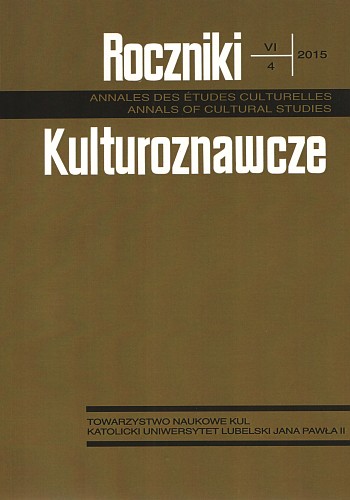Jerozolima w tradycjach kultury muzułmańskiej
Jerusalem in the Traditions of Muslim Culture
Author(s): Krzysztof ModrasPublished by: Towarzystwo Naukowe KUL & Katolicki Uniwersytet Lubelski Jana Pawła II
Keywords: Islam; Jerusalem; Dome of the Rock; Muhammad; the Night Journey and Ascension; qibla
Summary/Abstract: For Muslims, Jerusalem is the third holiest site, after Mecca and Medina. The Holy City marks the continuity that exists between the religions, and emphasizes the unity of the revelation of God in human history. Just like for the Jews and the Christians, also for the Muslims, Jerusalem is the center of the world. Compared with the previous religions, however, Jerusalem has become a symbol of the superiority of Islam, as a perfect religion that will lead humanity to the Last Day. The Muslim culture developed a rich symbolism associated with Jerusalem. Muhammad, who historically never reached the Holy City, accomplished this journey in a mystical way. Here he met with former prophets and ascended to heaven to meet God himself. The goal of this event was to confirm his mission as the last and perfect prophet. The Muslim architecture shows the role of Jerusalem in Islamic culture. It emphasizes the historical connection of Islam with previous religious traditions, it points to the eschatological events and the final meeting of humanity with God, which will be in the Holy City at the End of Time.
Journal: Roczniki Kulturoznawcze
- Issue Year: 6/2015
- Issue No: 3
- Page Range: 65-81
- Page Count: 17

